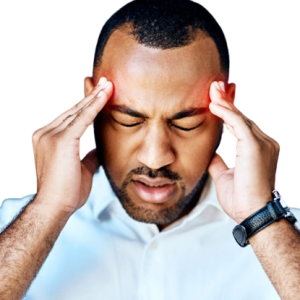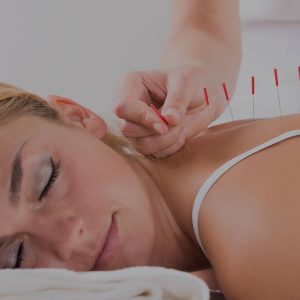Evidence Based Programs
The Science
Our revolutionary approach stands at the forefront of natural methods for breaking free from the shackles of addiction, overcoming stress and anxiety, managing pain, restoring hormonal balance, and achieving weight loss goals. At NuLife Laser & Wellness Clinic, our exclusive Photobiomodulation Therapy Program, available in Toronto and Woodbridge, is your gateway to transformative solutions that enhance your overall well-being.
Doctor Recommended
No Referral Needed
High Success Rate
Proven Results for People Who Follow & Complete Our Programs
Covered By Most Benefits
Accepting patients with or without insurance
Proven results & outcomes for people who complete our programs
Our programs at NuLife Laser Clinic are designed to deliver proven results and positive outcomes for those who complete them. With a focus on personalized care and advanced laser therapy techniques, we have helped numerous individuals achieve their health and wellness goals. Our success stories speak for themselves, showcasing the transformative power of our treatments in overcoming various challenges, including stress, anxiety, substance abuse, weight loss, and more. Join our community of satisfied clients who have experienced life-changing results through our comprehensive and effective programs. Take the first step towards a healthier and happier you today.
416-363-5433
Email Us
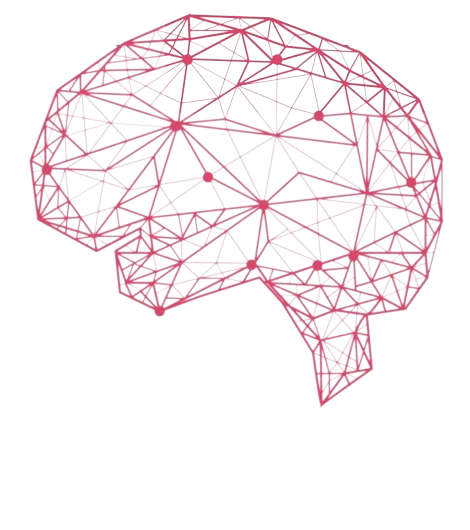
Featured



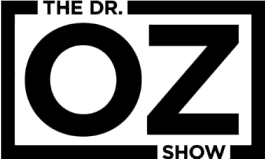





Laser acupuncture therapy, has shown potential in assisting with various types of addictions, and its efficacy can be explained through several scientific mechanisms:
01
Neurotransmitter Modulation
Laser acupuncture has been observed to modulate neurotransmitters such as endorphins, serotonin, enkephalins, adenosine, γ-amino-butyric acid (GABA), and dopamine. These neurotransmitters play essential roles in mood regulation, pain modulation, stress reduction, and the brain’s reward system.
02
Central Nervous System Stimulation
Laser acupuncture stimulates peripheral nerves, leading to neuroplastic changes in the central nervous system. This stimulation activates specific brain regions and triggers responses in hemodynamics, functional MRI (fMRI) activity, and central neural electrophysiological patterns.
03
Opiod Activity & Withdrawal
Laser acupuncture elicits the release of endogenous opioid peptides, which can contribute to the modulation of addiction-related behaviors. The opioidergic system plays a significant role in addiction by mediating the rewarding effects of substances and behaviors.
04
Stress Reduction and Relaxation
Laser acupuncture has been shown to induce a relaxation response, reducing stress and anxiety associated with addiction. By promoting a state of relaxation, it may help individuals manage cravings and enhance their overall well-being.
05
Cellular Energy Optimization
Laser therapy targets cellular mitochondria, stimulating the production of adenosine triphosphate (ATP), the primary energy source for cells. Addiction can impair cellular energy metabolism, and laser acupuncture aims to optimize mitochondrial function, promoting cellular health and vitality.
By harnessing these scientific mechanisms, laser acupuncture offers a comprehensive approach to addressing addiction. It targets multiple aspects of addiction pathology, supporting individuals in their recovery journey.

Evidence Supporting the Effectiveness of Laser Therapy Treatment?
Numerous research articles have explored the role of Acupuncture in addiction and its potential for reducing and eliminating dependency.
In recent research (Lim 2018), Laser Acupuncture demonstrated an impressive 84% success rate, with many participants reporting a significant reduction in smoking urges. [11].
A double-blind, placebo-controlled randomized study concluded that laser acupoint stimulation effectively modifies the physical symptoms of withdrawal, providing motivated individuals with a higher chance of successfully overcoming tobacco smoking habits. [12]
According to the most recent Cochrane Systematic Review (White 2014), the 2008 Kerr study on laser stimulation demonstrates strongly positive results in both short and long-term outcomes. [13]
Continued...
Earlier research findings indicate that Laser Acupuncture achieved a success rate of 71% in heavy smoking patients. [14]
While there is promising research available on the benefits of Laser Acupuncture treatments and protocols, it’s important to acknowledge that the evidence may not be entirely conclusive, as different studies have yielded varied results.
Factors such as laser power, frequency, point location, and the number of sessions can vary among studies, contributing to differing outcomes. Additionally, some studies rely on self-reported data, particularly regarding participants’ smoking status at the end of treatment. However, the reliability of these self-reports diminishes when not confirmed through biochemical testing.
It’s crucial to recognize that the NuLife Quit treatment method is distinct and can produce different outcomes compared to the existing research. Therefore, we encourage patients to make informed decisions, understanding that while our treatment holds potential benefits, successful outcomes cannot be guaranteed.

References
[1] Point specificity in acupuncture. Choi EM1, Jiang F, Longhurst JC. Chin Med. 2012 Feb 28;7:4. doi: 10.1186/1749-8546-7-4. Link
[2] An Historical Review and Perspective on the Impact of Acupuncture on U.S. Medicine and Society. Lu DP, Lu GP. Med Acupunct. 2013 Oct;25(5):311-316. Link
[3] Endorphins, Exercise, and Addictions: A Review of Exercise Dependence. Andrea Leuenberger. Journal: Impulse (The Premier Journal for Undergraduate Publications in the Neurosciences) Issue: 2006 Link
[4] Cheng RS, Pomeranz B, Yu G. Electroacupuncture treatment of narcotic-dependent mice reduces signs of withdrawal, without showing cross-tolerance. European Journal of Pharmacology 1980;68:477-81. Link
[5] Choy YM, Tso WW, Fung KP, Leung KC, Tsang YF, Lee CY, et al. Suppression of withdrawals and plasma ACTH by auricular electroacupuncture. Biochemical and Biophysical Research Communications 1978;82:305-9. Link
[6] Han JS, Zhang RL. Suppression of abstinence syndrome by body electroacupuncture of different frequencies in rats. Drug and Alcohol Dependence 1993;31:169-75. Link
[7] Ng LKY, Douthitt TC, Thoa NB, Albert CA. Modification of withdrawal syndrome in rats following transauricular stimulation: an experimental paradigm for auricular acupuncture. Biological Psychiatry 1975;10:575-80. Link
[8] Clement-Jones V, McLoughlin L, Lowry PJ, Besser GM, Rees LH, Wen HL. Acupuncture in heroin addicts: changes in met-enkephalin and beta-endorphin in blood and cerebrospinal fluid. Lancet 1979;2:380-3. Link
[9] Chae Y, Yang CH, Kwon YK, Kim MR, Pyun KH, Hahm DH. Acupuncture attenuates repeated nicotine-induced behavioral sensitization and c-Fos expression in the nucleus accumbens and striatum of the rat. Neuroscience Letters 2004;358(2):87-90. Link
[10] Effect of acupuncture on anxiety-like behavior during nicotine withdrawal and relevant mechanisms. Chae Y1, Yeom M, Han JH, Park HJ, Hahm DH, Shim I, Lee HS, Lee H. Neurosci Lett. 2008 Jan 10;430(2):98-102. Epub 2007 Oct 30. Link
[11] Painless Laser Acupuncture for Smoking Cessation. Rodney Choon Huat Lim. Med Acupunct. 2018 Jun 1; 30(3): 159–162. Link
[12] Low level laser for the stimulation of acupoints for smoking cessation: a double blind, placebo controlled randomised trial and semi structured interviews. Catherine M. Kerr, Paul B. Lowe & Neil I. Spielholz. Link
[13] White AR, Rampes H, Liu JP, Stead LF, Campbell J. Acupuncture and related interventions for smoking cessation. Cochrane Database Syst Rev. 2014(1):Cd000009. Link
[14] Laser-acupuncture reduces cigarette smoking: a preliminary report. Zalesskiy VN, Belousova IA, Frolov GV. Acupunct Electrother Res. 1983;8(3-4):297-302. Link


